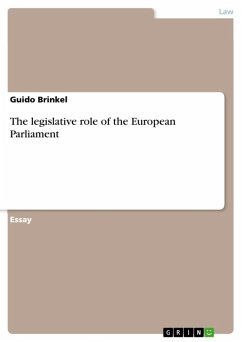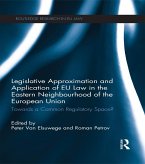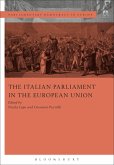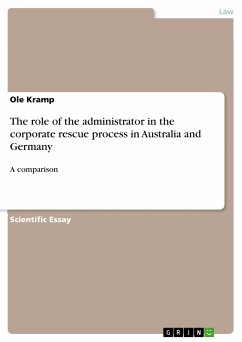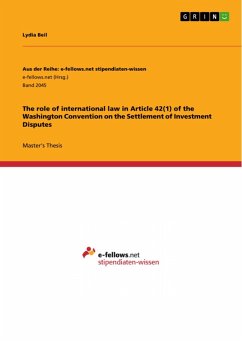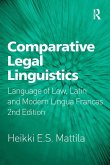Essay from the year 2001 in the subject Law - European and International Law, Intellectual Properties, grade: 69 % (good), Trinity College Dublin - The University of Dublin (Law department Trinity College Dublin), course: Introduction to European Community Law, language: English, abstract: 1. Introduction When in 1952 the European Coal and Steal Community "Assembly" met for the first time it was a "relatively powerless" institution of 78 delegated representatives. When the "European Parliament" meets today, almost 50 years later, it is not only the name that has changed in the meantime, but also the size, the powers and, above all, the whole idea behind it. Especially by establishing direct elections in 1978 and establishing the co-decision procedure in 1996 the Parliament's role has changed towards a more and more influential institution. However, these were hard-won gains, reflecting the longstanding scepticism or even distaste of governments in most EEC member states for any increase of the powers of the European Parliament. Moreover, the Parliament had to struggle for years with a bad public perception (if it was perceived at all), for example that it was not more than a waste of taxpayer's money. And particularly due to this bad perception, the elections for the EP still suffer from a remarkable low participation. Nevertheless, the Parliament has become an important institution within the EU, that has to be taken seriously. In March 1999, for example, by threatening to sack the Commission and demanding an independent report on alleged fraud and lack of accountability within it, it became the moving power behind the resignation of the entire European Commission. Moreover, the EP has become a forum for speeches of many world leaders and the committees of the Parliament have produced highly influential reports. However, the new role of the EP within the EU and Europe at all is best shown in another, much more significant area, namely it's legislative competence. [...]
Dieser Download kann aus rechtlichen Gründen nur mit Rechnungsadresse in A, B, BG, CY, CZ, D, DK, EW, E, FIN, F, GR, HR, H, IRL, I, LT, L, LR, M, NL, PL, P, R, S, SLO, SK ausgeliefert werden.

